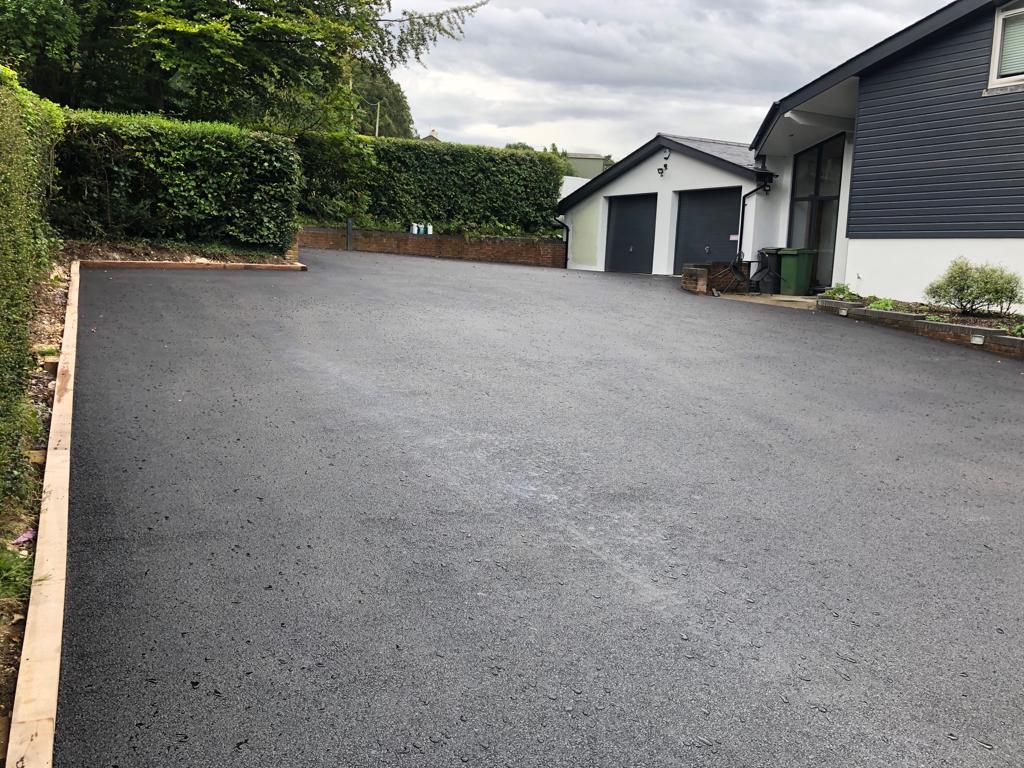Introduction: Grading plays a pivotal role in road construction and maintenance, significantly impacting the smoothness and longevity of road surfaces. Proper grading techniques ensure optimal drainage, structural integrity, and road performance. In this blog post, we’ll delve into the essential grading techniques that road engineers and construction crews employ to achieve smoother, more durable roads.
Establishing Proper Slopes:
- One of the fundamental aspects of grading is establishing proper slopes along the road surface. Roads should be graded with a gentle slope or crown, allowing water to drain efficiently towards the edges or designated drainage points. This prevents water
accumulation and minimises the risk of potholes and erosion.
Laser Grading:
- Laser grading is an efficient technique for achieving accurate slopes and contours on road surfaces. It involves using laser-guided equipment to ensure uniform grading and consistent slope gradients. Laser grading technology allows for greater precision and reduces the margin of error, resulting in smoother roads with improved drainage.
Cross Slope Grading:
- Cross-slope grading involves shaping the road surface to achieve a consistent slope across the width of the road. This technique ensures uniform water drainage from the centre of the road towards the edges, preventing water pooling and minimising the risk of surface erosion. Cross-slope grading is essential for maintaining road safety and preventing hydroplaning during wet weather conditions.
Longitudinal Grading:
- Longitudinal grading focuses on establishing the proper slope along the length of the road to promote effective water runoff and prevent ponding. Longitudinal grading facilitates efficient drainage by ensuring a gradual slope from high points to low points along the road’s length. It reduces the accumulation of standing water, which can lead to pavement deterioration and pothole formation.
Subgrade Preparation:
- Proper subgrade preparation is essential for achieving a stable foundation and ensuring the long-term durability of the road surface. This involves compacting the soil and removing any soft or unstable materials to create a firm base for the road pavement. Adequate subgrade preparation minimises settlement and subsidence, reducing the likelihood of uneven road surfaces and potholes.
Regular Maintenance:
- Regular maintenance is key to preserving the integrity of graded roads and preventing deterioration over time. Periodic inspections and maintenance activities, such as regrading, pothole repair, and surface treatments, help address minor issues before they escalate into more significant problems. By staying proactive with maintenance efforts, road authorities can extend the lifespan of road surfaces and ensure smoother driving experiences for motorists.
Conclusion: Grading techniques are instrumental in achieving smoother, safer, and more durable roads. Road engineers and construction crews can optimise road surfaces for optimal drainage and performance by mastering these essential techniques and employing advanced technologies like laser grading.
Call us on: 03 4159 2883
Click here to find out more about Craigieburn Road Tech
Click here to complete our contact form and see how we can help with your road needs.

